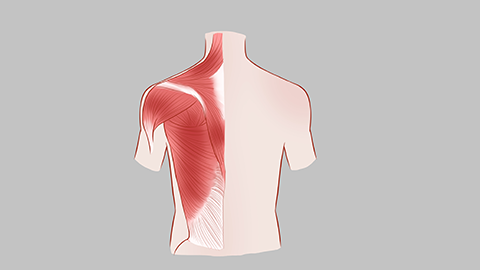Which department should you visit for muscle inflammation?
Muscle inflammation can be evaluated and treated in departments such as rheumatology and immunology, orthopedics, rehabilitation medicine, endocrinology, and infectious diseases, depending on the underlying cause. Immediate medical attention is recommended if severe muscle pain, swelling with fever, or limited limb movement occurs.

1. **Rheumatology and Immunology Department**: For autoimmune-related muscle inflammation, such as polymyositis or dermatomyositis. Diagnosis is confirmed through blood tests and electromyography (EMG). Treatment typically involves immunosuppressants and corticosteroids, with ongoing monitoring of systemic effects.
2. **Orthopedics Department**: Suitable for muscle inflammation caused by trauma or overuse, especially when associated with injury at muscle attachment sites or joint involvement. Imaging studies help assess the extent of damage, and treatments may include medications, physical therapy, or local steroid injections to relieve symptoms.
3. **Rehabilitation Medicine Department**: Recommended when muscle inflammation leads to weakness or restricted movement, or during the recovery phase. Physical therapies (such as heat therapy and electrical stimulation) and structured rehabilitation exercises can improve muscle function, restore mobility, and reduce long-term complications.
4. **Endocrinology Department**: Addresses muscle inflammation secondary to endocrine disorders like thyroid dysfunction or diabetes. Management focuses on regulating hormone levels and controlling blood glucose, along with nutritional support to improve muscle metabolism and alleviate inflammatory responses.
5. **Infectious Diseases Department**: For cases where muscle inflammation is caused by pathogens such as bacteria or viruses (e.g., pyomyositis). Pathogen identification through laboratory testing allows targeted treatment with antibiotics or antiviral agents to control infection and prevent spread.
In daily care, avoid overexertion and excessive muscle stretching. Keep muscles warm to prevent worsening of inflammation due to cold exposure. Maintain a diet rich in high-quality protein and vitamins, and perform gentle muscle-relaxing exercises regularly. Seek timely medical evaluation if symptoms worsen, so that treatment plans can be adjusted promptly.




